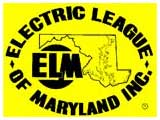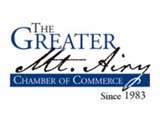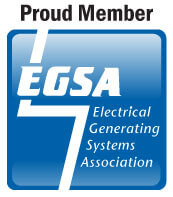As the summer approaches, so does the potential for severe weather, especially hurricanes. The Atlantic hurricane season runs from June 1 to November 30, bringing with it the risk of strong winds, heavy rainfall, and flooding. These conditions can pose significant threats to your home’s electrical system, making it crucial to ensure everything is in top shape before the storms hit. Here’s why scheduling a professional electrical inspection before hurricane season is essential.
1. Identifying Vulnerabilities
A thorough electrical inspection can reveal potential vulnerabilities in your system that might not be apparent to the untrained eye. Loose connections, outdated wiring, and faulty components can become major hazards during a hurricane. Identifying and addressing these issues beforehand can prevent electrical fires, power outages, and other dangerous situations when the storm arrives.
2. Ensuring Backup Power Systems are Ready
Many homeowners rely on generators for backup power during hurricanes. An electrical inspection can verify that your generator is correctly installed and in good working condition. This includes checking the transfer switch, fuel supply, and overall functionality to ensure it will perform when you need it most.
3. Preventing Power Surges
Hurricanes often cause power surges that can damage appliances and electronics. An electrician can install or inspect surge protectors to shield your valuable equipment from sudden voltage spikes. This preventative measure can save you from costly replacements and repairs after a storm.
4. Checking Grounding and Bonding
Proper grounding and bonding are critical for electrical safety, especially during a storm. An inspection will ensure that your home’s electrical system is properly grounded, reducing the risk of electric shock and enhancing the overall stability of your electrical system during adverse conditions.
5. Safeguarding Against Flooding
Hurricanes can bring heavy rains and flooding, which can severely impact your electrical system. An inspection can identify areas at risk of water intrusion and recommend solutions, such as elevating electrical panels, outlets, and wiring above potential flood levels. Additionally, installing ground fault circuit interrupters (GFCIs) can protect against electric shock in wet areas.
6. Peace of Mind
Perhaps most importantly, a professional electrical inspection provides peace of mind. Knowing that your home’s electrical system is prepared for hurricane season allows you to focus on other aspects of storm preparation and ensures the safety of your family.
As hurricane season approaches, don’t leave the safety and reliability of your home’s electrical system to chance. Scheduling a professional electrical inspection can identify potential hazards, ensure your backup power systems are ready, prevent damage from power surges, and safeguard against flooding. Taking these proactive steps not only protects your property but also provides invaluable peace of mind as you face the uncertainties of hurricane season.
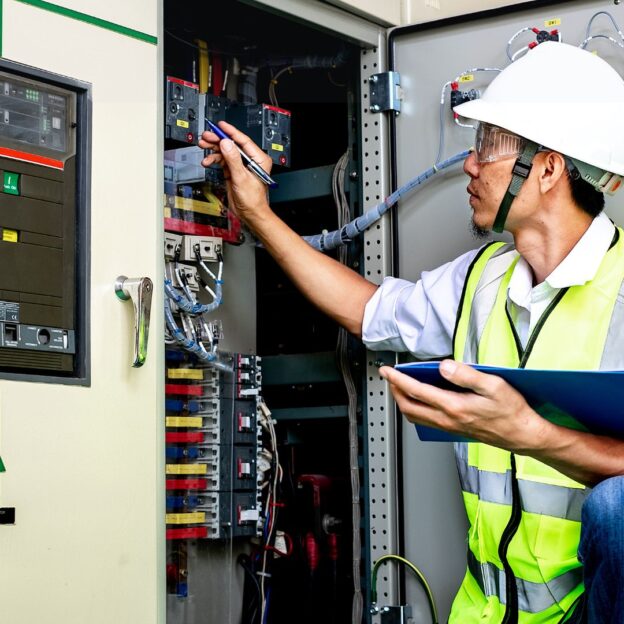
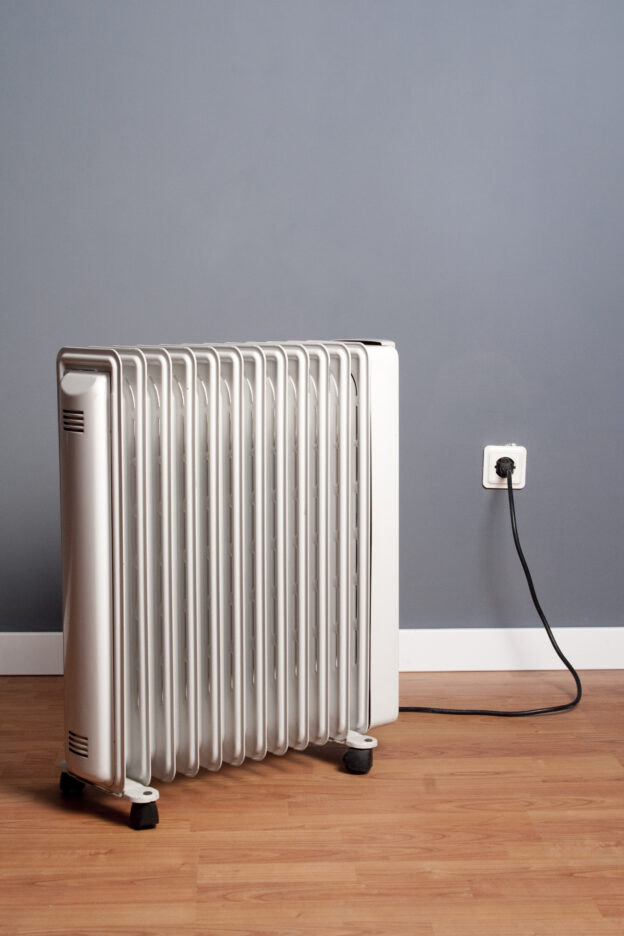
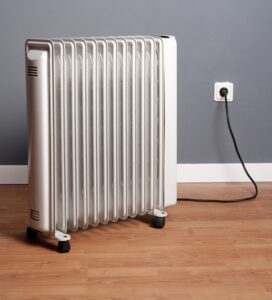 big problems if not used correctly.
big problems if not used correctly.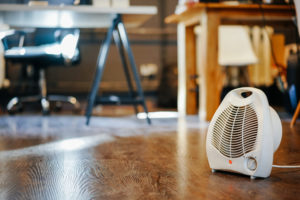
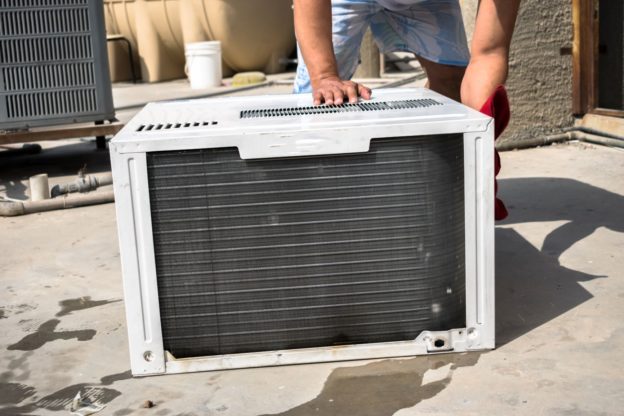
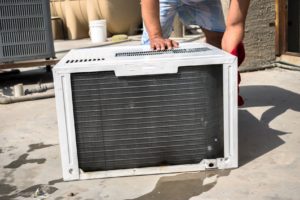 those that I run circuits for are 240 volts, which does require a special receptacle.
those that I run circuits for are 240 volts, which does require a special receptacle.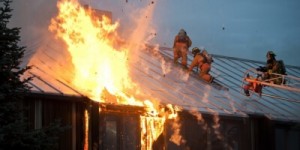 A break in a hot wire can cause a series arc, which will not trip a standard circuit breaker or blow an old-style screw shell fuse, but it can cause a fire.
A break in a hot wire can cause a series arc, which will not trip a standard circuit breaker or blow an old-style screw shell fuse, but it can cause a fire.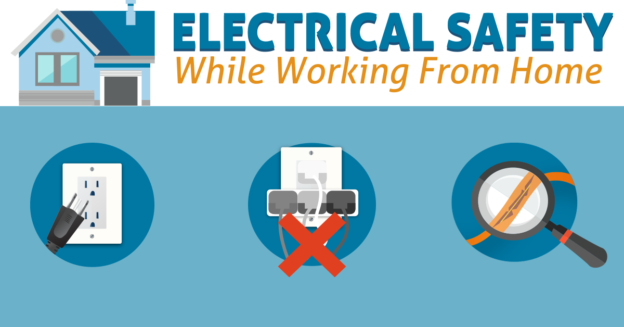
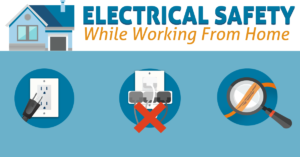
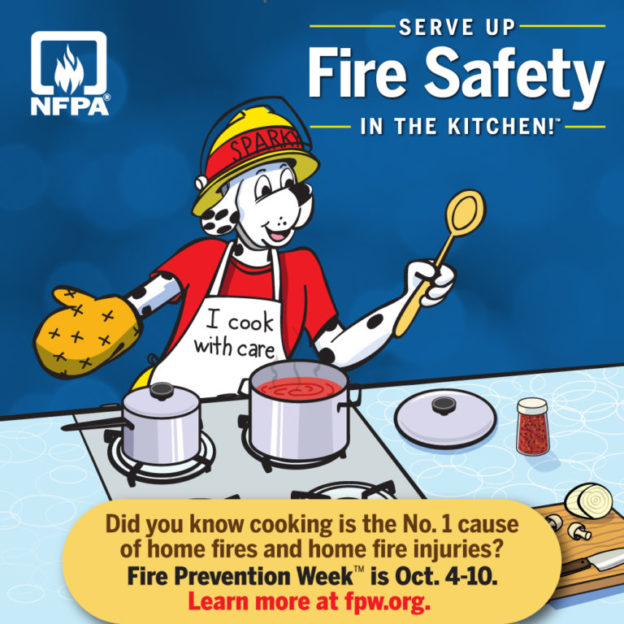
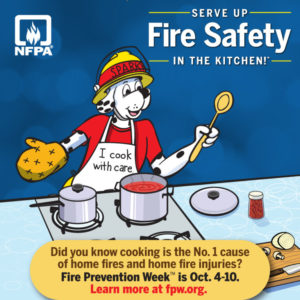 The campaign’s goal is to educate everyone about the simple but important actions they can take to keep themselves, and those around them, safe in the kitchen.
The campaign’s goal is to educate everyone about the simple but important actions they can take to keep themselves, and those around them, safe in the kitchen.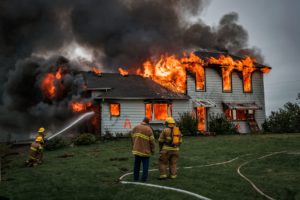 socket to keep the fuse from blowing. If a breaker is tripping, but will allow you to reset it, there is a problem on the circuit. It may be overloaded. Replacing the breaker with one of a higher amperage rating is a potential fire hazard. Enlist the help of a licensed electrician.
socket to keep the fuse from blowing. If a breaker is tripping, but will allow you to reset it, there is a problem on the circuit. It may be overloaded. Replacing the breaker with one of a higher amperage rating is a potential fire hazard. Enlist the help of a licensed electrician.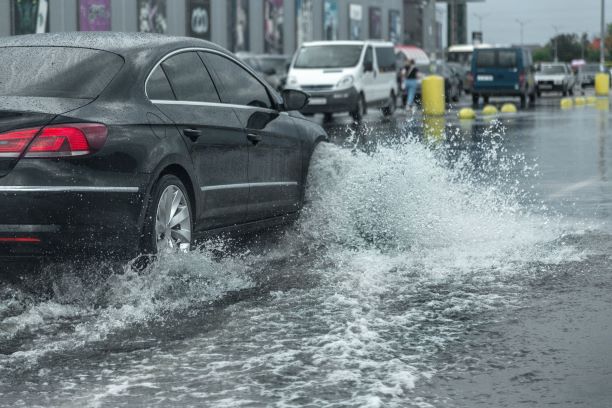

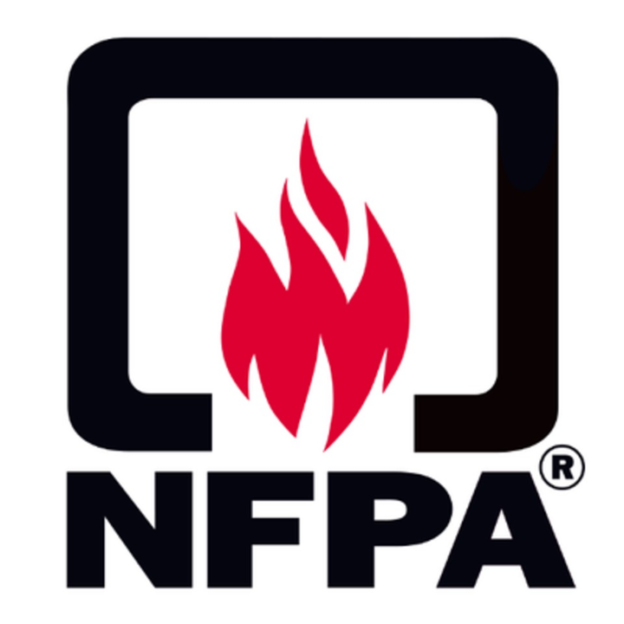
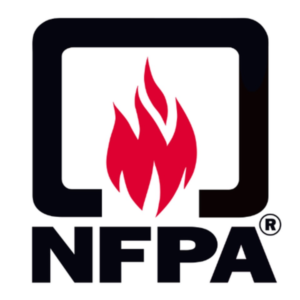 Carli, vice president of Outreach and Advocacy at NFPA. “As people spend much more time at home and engage in activities that significantly contribute to the home fire problem, it’s critical that they recognize where potential hazards exist and what they can do to prevent fires.”
Carli, vice president of Outreach and Advocacy at NFPA. “As people spend much more time at home and engage in activities that significantly contribute to the home fire problem, it’s critical that they recognize where potential hazards exist and what they can do to prevent fires.”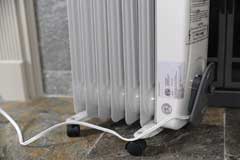 outlets to charge phones, laptops and other digital equipment, which also presents a fire hazard.
outlets to charge phones, laptops and other digital equipment, which also presents a fire hazard.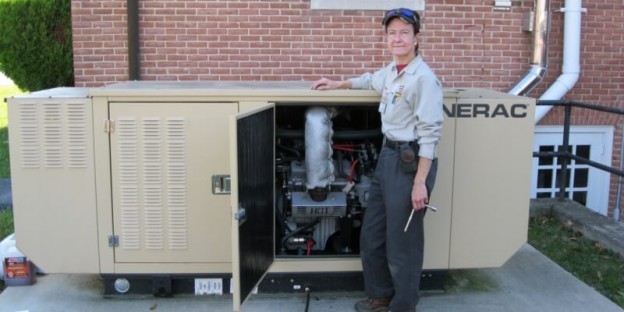
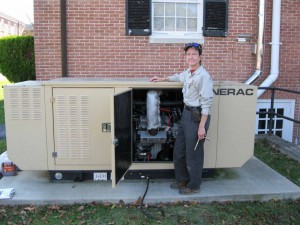
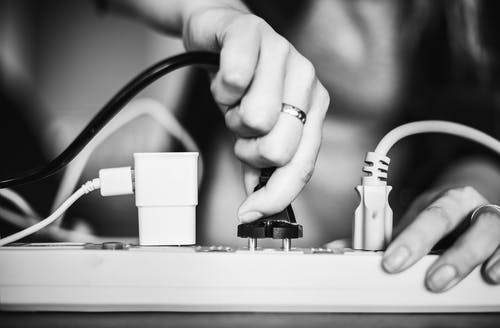
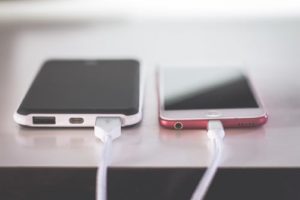 the equipment is turned off, and these small draws can add up with more appliances and over time.
the equipment is turned off, and these small draws can add up with more appliances and over time.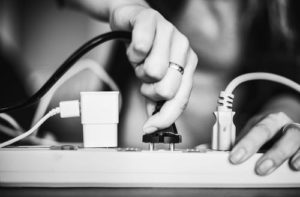 Please bear in mind though that an outlet strip does not increase the capacity of a circuit, it simply means more things can be plugged into it. But you can turn the strip’s switch on and off without disturbing the receptacle the strip is plugged into.
Please bear in mind though that an outlet strip does not increase the capacity of a circuit, it simply means more things can be plugged into it. But you can turn the strip’s switch on and off without disturbing the receptacle the strip is plugged into.
